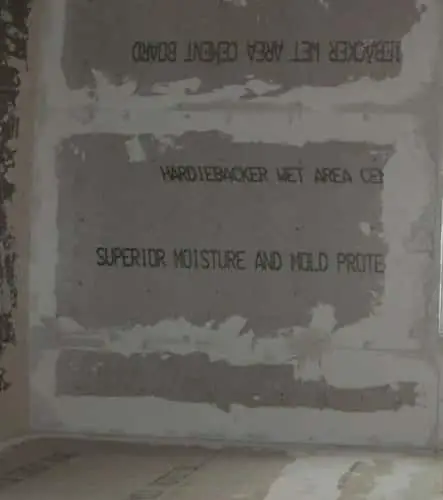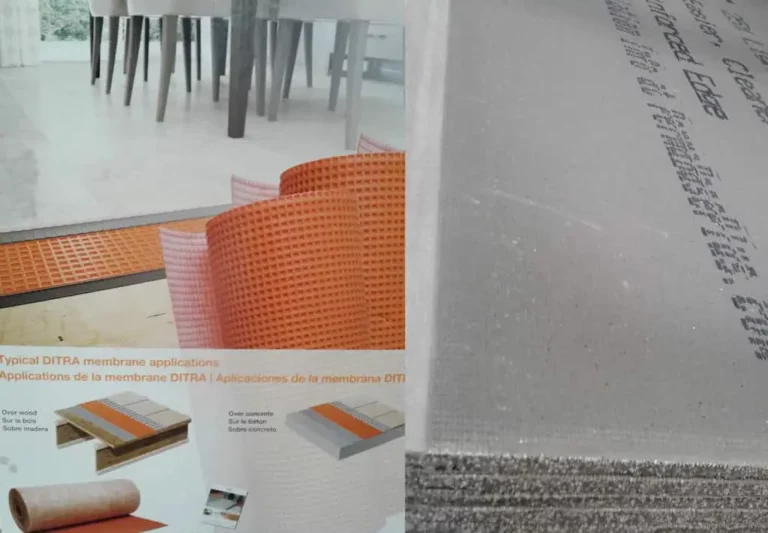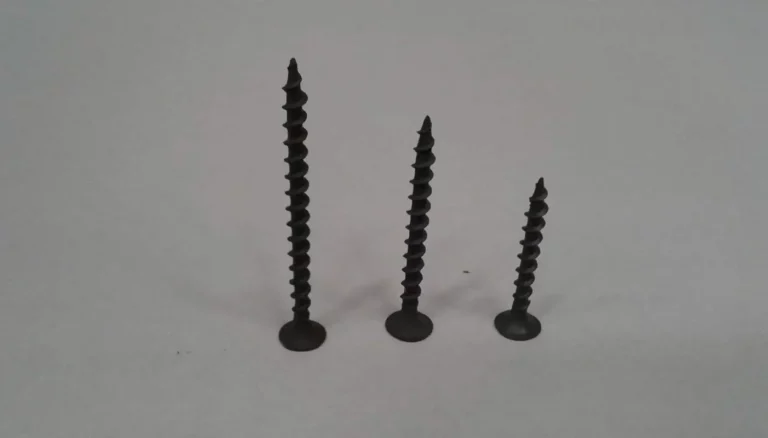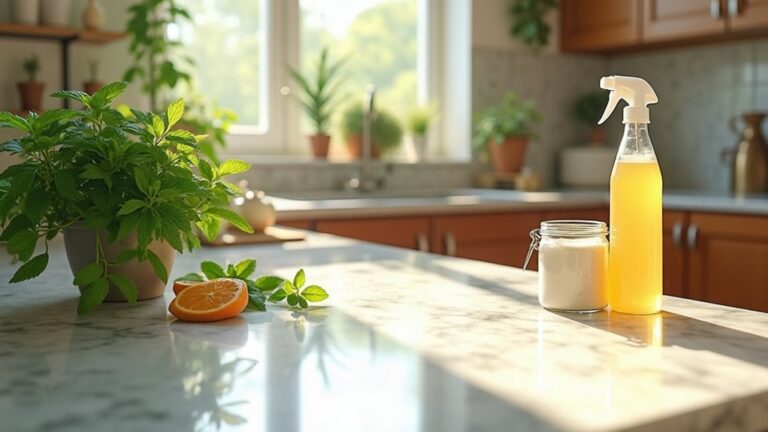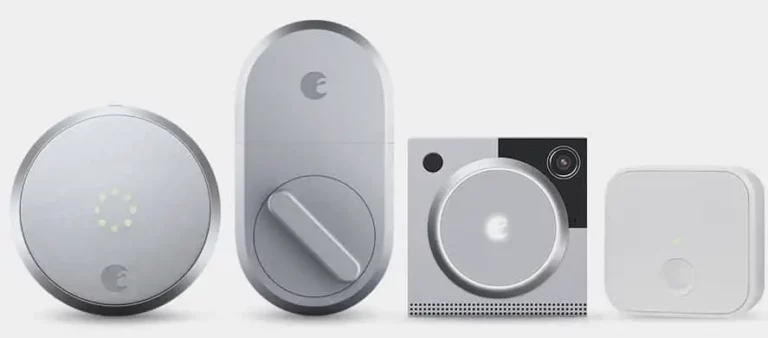Do Deadbolts Prevent Break-Ins?
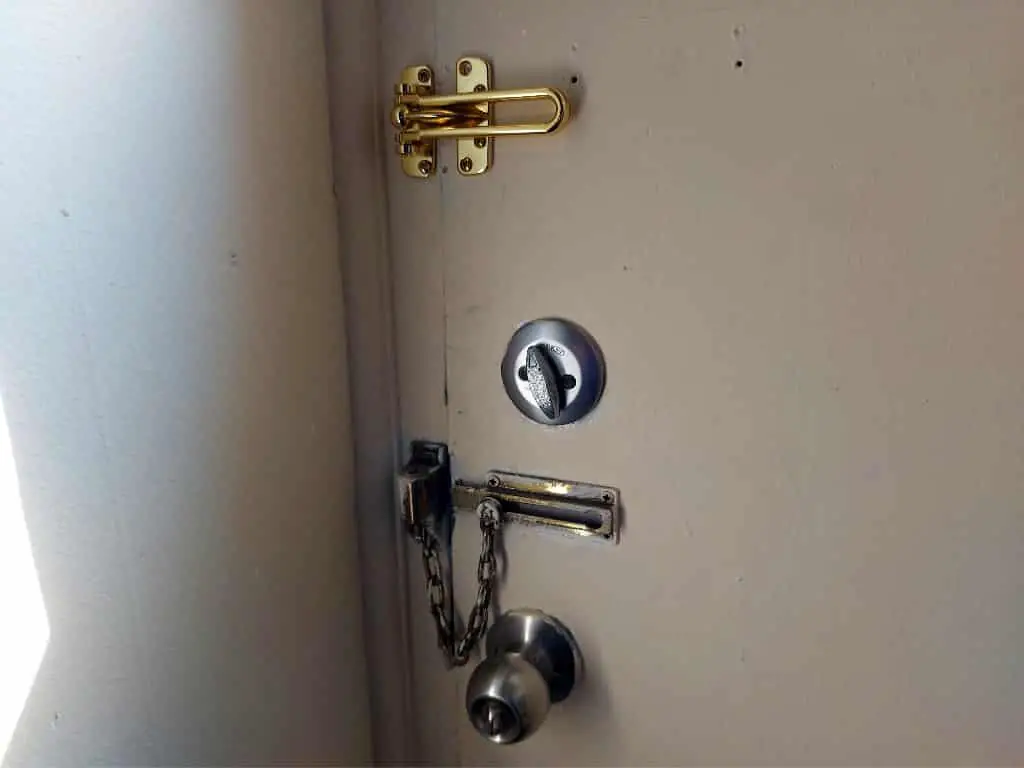
As economies enter a downturn, job losses and unemployment begin to be a more common event, and as a consequence, crime often escalates. While joblessness is not an excuse to commit a crime, there is no question that it is one of the causes, and homeowners should be aware of the increased risk of break-ins.
Deadlocks do not prevent break-ins, and in fact, single cylinder deadlocks may encourage break-ins. The problem with security systems such as deadlocks is that they offer a false sense of security to the homeowner, while it is more likely that the intruder will not break in through a door.
If you want to increase your house’s security, you must have adequate locks on your external doors; however, the reality is that most intruders will use a window out of view from the street to gain entry rather than through a door.
Deadbolts Do Not Prevent Break-Ins
If the front door has a window next to it, a single cylinder deadbolt is more of a liability than protection against break-ins.
All the intruder only has to break the window’s glass, reach in and turn the lever on the deadlock and then enjoy full access to your home.
While a two-cylinder deadlock protects against this, there are two problems.
- For convenience, the keys for the lock are often kept near the front door.
- If the keys are not kept in a convenient place, the deadlock may prevent the occupants from leaving the house in an emergency such as a fire.
What Are Deadbolts?
Deadbolts consist of a lock, handle, and a metal locking mechanism that extends into the doorframe when the key is turned.
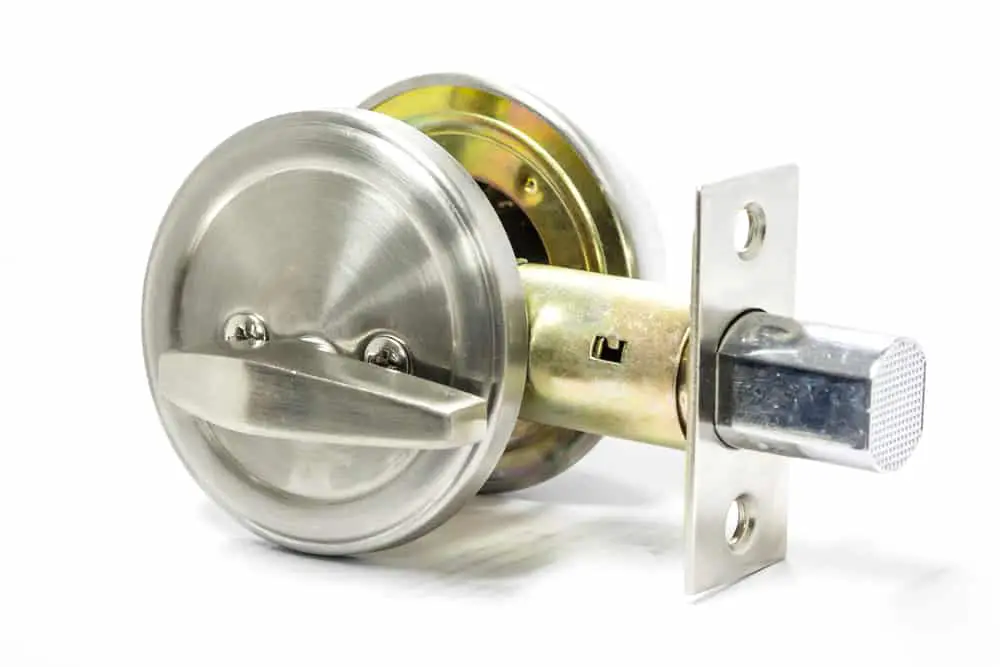
Single-cylinder household deadbolts consist of a keyed lock cylinder on the outside of the door and a turning lever on the inside. The weakness of single-cylinder deadbolts is that an intruder will generally break a window by the door and reach in toopen the deadbolt from the inside.
More expensive, double cylinder units consist of keyed locks on both sides.
If the deadbolt has been installed properly, it will generally offer some protection against break-ins.
The problem with double cylinder deadbolts is that they can restrict people trying to leave the house in a hurry as a key has to be inserted in the lock before the door can be opened.
Later on, this article discusses that no security system should prevent people from leaving the house in an emergency.
What Is The Best Way To Prevent Break-Ins?
When developing a security strategy for your home, there are five principles that you should employ.
- Keep your family safe.
- Have foolproof ways to access assistance.
- Enable a recorded record of any break-in attempts.
- Train your family members to exercise sensible precautions
- Make it harder to break into your home than your neighbors
Keep Your Family Safe
Any system you install should have, as its primary aim, the purpose of keeping your family members safe.
It’s a cliché to say that things can be replaced, but people can’t, but it is true.
Any systems used should never prioritize the protection of material possessions against the welfare of your family.
Some examples of this are.
- The security system must never trap the occupants in a house.
- They should always offer an alternative means of escape.
Unfortunately, while deadbolts provide some security, they may trap fleeing occupants, counterintuitive to their intended purpose.
Read this post If you have a problem with your Front Door Smart Lock Keypad
Train Your Family Members To Exercise Sensible Precautions
Home security must become a habit.
After a break-in, everyone is hyper-aware of the risks and takes active precautions to prevent a reoccurrence. Unfortunately, intruders know this and will rarely return to the scene within a short time frame.
The problem occurs when the hyper-vigilance recedes and the occupants of the home stop using the security systems as actively as they should.
It is the time when the home becomes most vulnerable.
Because of this, it is essential that the systems which are installed to secure the home must have the following characteristics.
- They must be simple to use so that it becomes a habit to use them.
- They must be very reliable and durable because if they are continually causing problems, the occupants of the home will eventually stop using them.
It then becomes a training process to ensure the family members continue to employ the measures installed.
A double cylinder deadbolt may work counterintuitively in that if the person needing to leave a house does not have a key readily accessible, the lock will become an inconvenience and possibly a barrier to exit in an emergency.
The training goes further in that wealth should not be displayed or boasted about, as this will eventually attract unwelcome company.
Make It Harder To Break Into Your Home Than Your Neighbors
Unfortunately, there is virtually no method of securing your home against a determined intruder.
The problem is generally that the homeowner often believes that the intruder will think in the same way that the homeowner does,
It presents itself in the following examples.
- The homeowner utilizes the best and most secure deadbolt locks to prevent the intruder from coming through the door, and instead, the intruder breaks a window and obtains entry that way.
- To prevent this, the homeowner installs security gates and burglar bars over all of the opening doors, and the intruder uses hammers and tire irons to break the bars open.
- The homeowner finally finds ways to prevent access through a door or window, so the intruder accesses the home via the roof.
- The homeowner protects the doors, windows, and roof, so the intruder accosts the homeowner outside and threatens injury if access Is not granted.
While this kind of escalation may seem unrealistic and exaggerated, if the potential intruder believes there are items of sufficient value in the home, they will generally find a way in.
An opportunistic thief will not go to these extremes; most burglars’ calculations are based on risk-reward.
If the risk exceeds the reward, they will generally go elsewhere.
A single cylinder deadbolt generally makes a home easier to break in, particularly if there is a window next to the front door.
Have Foolproof Ways To Access Assistance
Ensure that you can always access help.
It may be enabled by contracting an emergency response service or simply having 911 on the short dial in your phone.
Always keep your phone accessible and charged, and if you have a deadbolt system, it is always a good idea to give a trusted neighbor a key that they can use in an emergency.
Enable A Recorded Record Of Any Break In Attempts
Having a visual record of a break-in is one of the best ways to identify and prosecute intruders.
A security system that has a video feed and cloud storage is an essential part of any security system. Even better than this is if the home is secured with a video camera system that a security company continuously monitors.
Learn more!! see our article Everything You Must Know About Smart Locks for more information
Conclusion
Deadbolts will not prevent your home from being broken into and may present more danger than protection. Security systems should be designed to make it less profitable for a potential intruder you choose to enter your home instead of trying somewhere else where access may be easier.
Deadbolts do not achieve this; therefore, while they can be installed on doors, they should never be a primary source of your home security.
